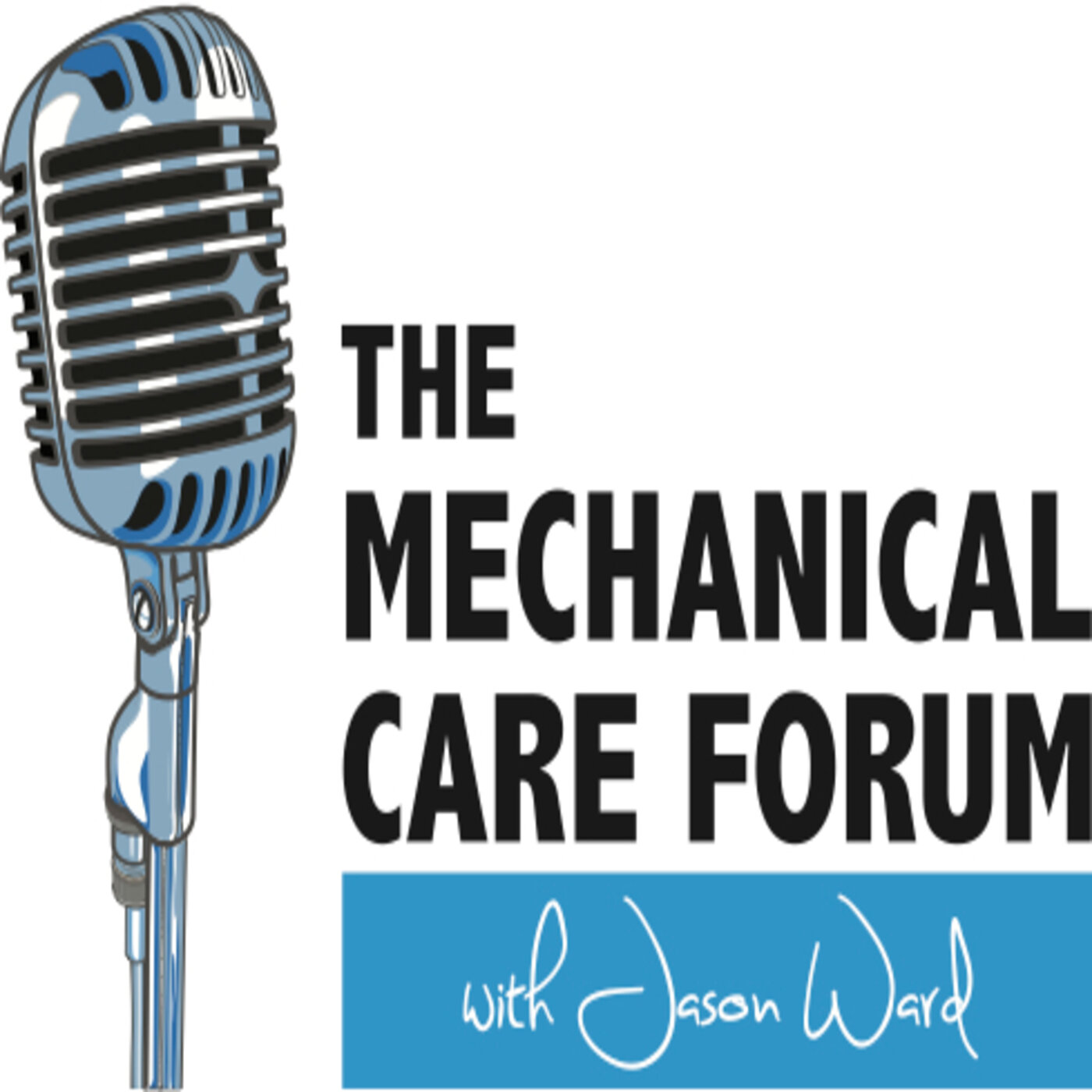Mark Miller
USA | PT, Dip. MDT
SHOW NOTES
(by Jayla Hall)
Professional Background
Mark Miller, PT, Dip. MDT earned a 4-year degree in Human Kinetics from the University of Windsor (1984) prior to successfully completing a Bachelor of Physical Therapy from the University of Toronto (1987). In 1991, he obtained his diploma in Mechanical Diagnosis and Therapy (MDT) from the McKenzie Institute in New Zealand. Miller was then appointed to the Teaching Faculty for The McKenzie Institute (1992) and afterward promoted to Senior Faculty (1993) and International Faculty (1994). Mark has instructed more than a few hundred courses on the McKenzie Method to physicians, musculoskeletal care clinicians, and others in the USA, Canada, Brazil, Mexico and Norway.
Mark currently fulfills the role of President and Chief Clinical Officer for Integrated Mechanical Care (IMC) , a company designed to connect MDT-trained clinicians to prospective payers while maintaining MDT quality control, in Tallahassee, FL.
Personal Background
Mark Miller was born and raised in Canada. Upon pursuing a college education, Miller joined the Ministry of Northern Affairs (the American equivalent of the U.S. Army) given his low socioeconomic background; and the organization established the basis of his early professional training. He is also husband to Halley and a father to two sons, Cole and Drew.
(1:20)
Psychosocial Drivers of Pain and Disability Dominating Present Mechanical Drivers
Quotes:
“The beauty of the MDT assessment is [that] it rapidly determines for you what is dominating the clinical situation.”
“A patient may have a mechanical problem, but the situation [may also be] dominated by the psychosocial factors.” –Miller
Upon determining the primary influencing factor of the clinical presentation, the conservative care clinician is tasked with (1) identifying what the patient consequently requires and (2) figuring out how to provide the appropriate means to satisfy or meet the patient’s need(s).
“When you recognize that [psychosocial factors] are dominating the clinical picture, address [this point] early [into the patient’s care], and leave the mechanical piece out for a visit or two, [then] you will find that [the patients to whom this issue applies] do very, very, very well.” –Miller
Miller proposes that, in order to render the appropriate services for the patient, the mechanical care clinician must form alliances with other health professionals whose scope of practice is relevant to the individuality of the patient and his/her drivers.
The patient may, thus, be referred to another professional who is more equipped to address the patient’s psychosocial drivers; or the mechanical care clinician can create an environment that is suitable to addressing such drivers.
(6:35)
Memorable Patient Stories
Quotes:
“I think everybody with pain…deserves the right to a reliable assessment, and that’s what MDT gives them.” –Miller
“Don’t let anything bias you towards what you think you’ll find. Let it be what it is, and let it present itself.” –Miller
“[Generally,] it’s the assessment that should make all the decisions.” –Miller
(13:00)
Clinical Analogies for MDT Principles
(14:35)
What’s the best advice you’ve received, as it pertains to your professional career?
The following quotes incite the concept of life-long learning:
“Never believe you fully understand it. Never believe you’ve got this thing figured out.” –Miller
“I’ve never stopped learning from patients.” –Miller
(18:05)
Impactful Research Studies for MSK Clinical Decision-Making
Long, A., Donelson, R., & Fung, T. (2004). Does it matter which exercise? A randomized control trial of exercise for low back pain. Spine, 29(23), 2593–2602. https://doi.org/10.1097/01.brs.0000146464.23007.2a
Long, A., May, S., & Fung, T. (2008). Specific directional exercises for patients with low back pain: a case series. Physiotherapy Canada. Physiotherapie Canada, 60(4), 307–317. https://doi.org/10.3138/physio.60.4.307
Donelson, R., Aprill, C., Medcalf, R., & Grant, W. (1997). A prospective study of centralization of lumbar and referred pain. A predictor of symptomatic discs and anular competence. Spine, 22(10), 1115–1122. https://doi.org/10.1097/00007632-199705150-00011
(21:37)
Are there any areas in which you would prefer to see research studies published?
Quotes:
“The research that needs to be done is not so much of ‘My method’s better than their method’ or ‘My exercise is better than their exercise’... What really has to be done is we have to compare clinical outcomes using agreeable indices. Then we have to [consider] the costs to society if those outcomes aren’t [or] are achieved.” –Miller
“I’ve sat in boardrooms of fortune 500 companies. The one message that they convey is unanimous: they don’t leave the United States because they can find cheaper labor elsewhere; they leave because they can no longer afford the healthcare.”
“If [the literature] doesn’t [inquire into this issue], then a lot of clinicians…are going to be left behind and a lot of patients are not going to [attain necessary therapeutic objectives].” –Miller
(24:35)
Integrated Mechanical Care (IMC)’s Mission and Next Steps
We hope to deliver this content to the committed professional who wants to improve his/her care and we hope to do it in a way that is easily accessible, the world over, in today's technological age.
To contribute:
Give a 5-star review on iTunes;
Share EP #12 with a friend; and/or
Connect with us on the MCF Website and MCF Instagram page!
Thanks for your support!

